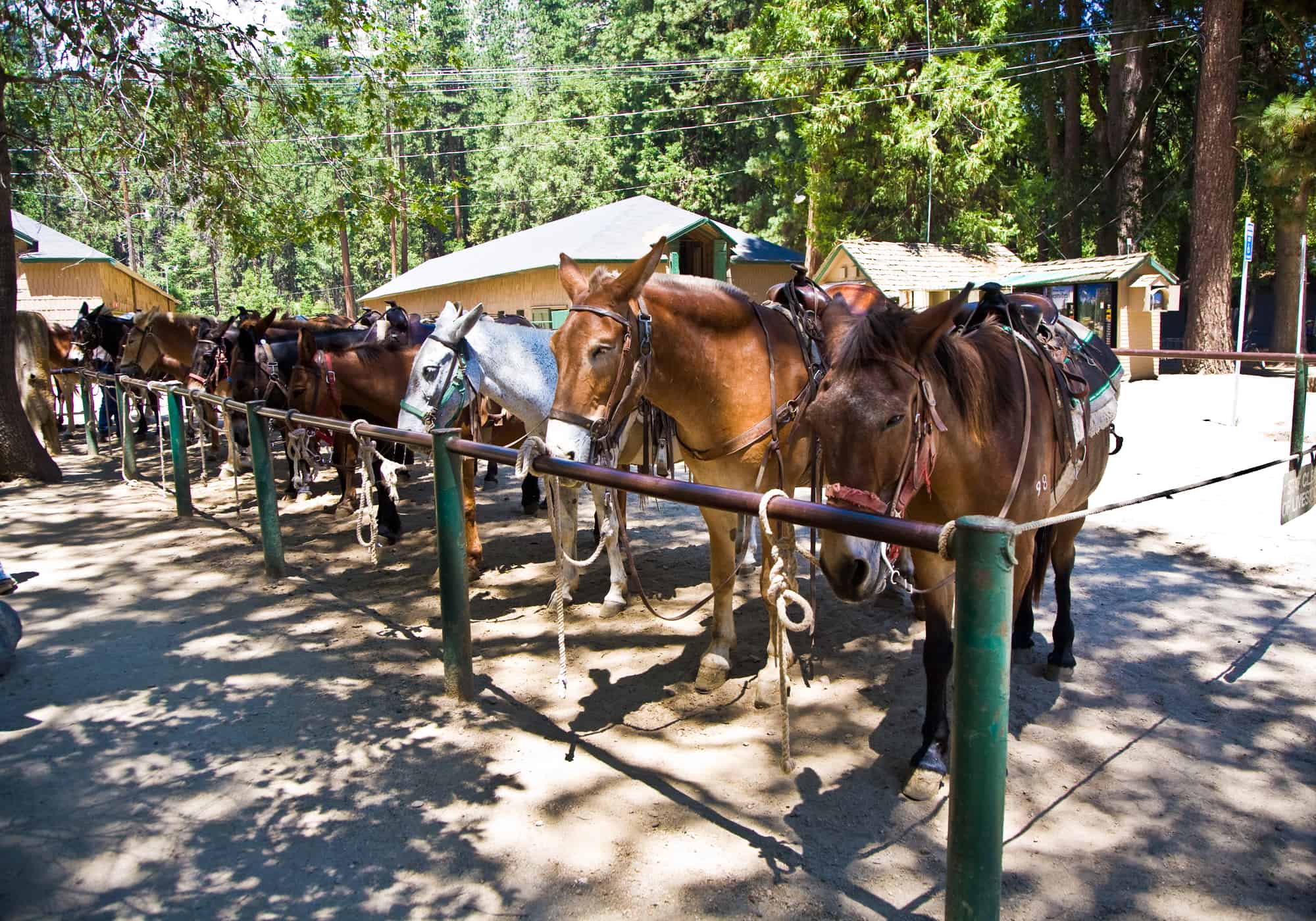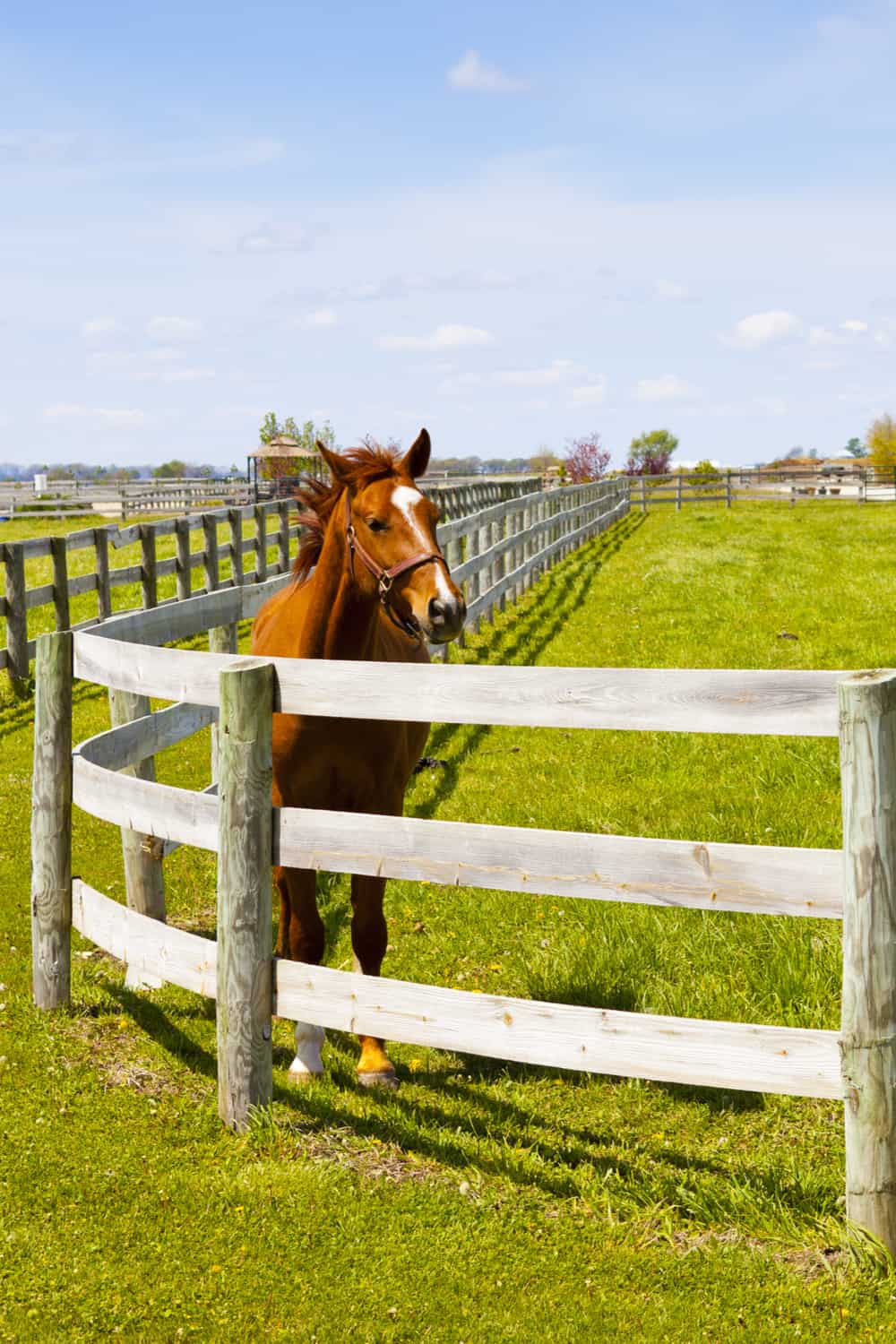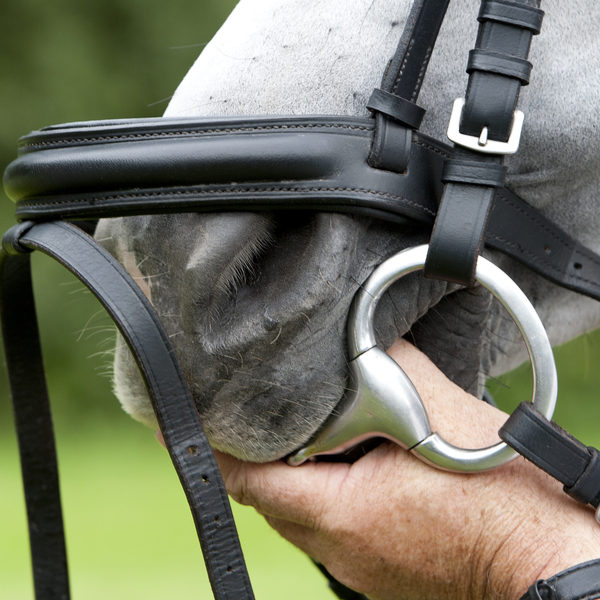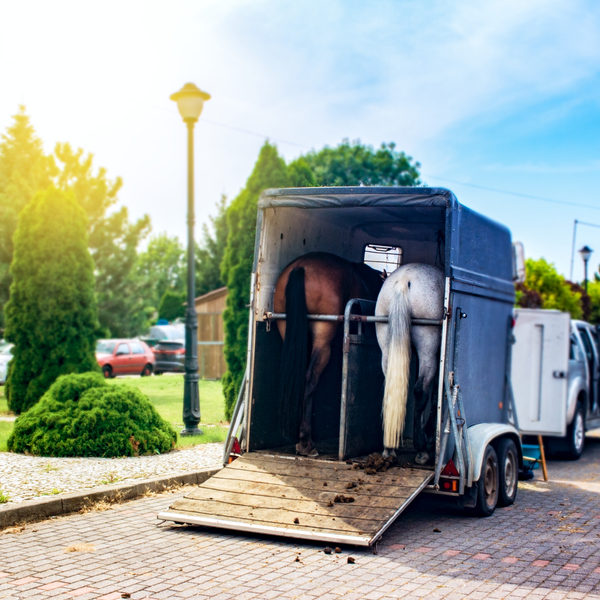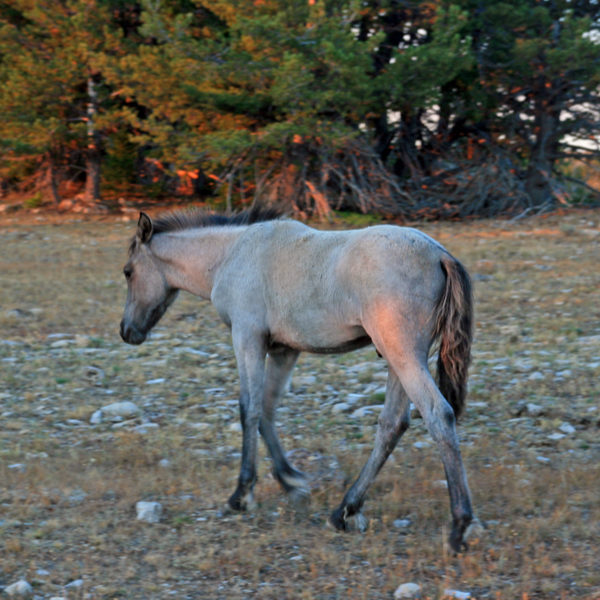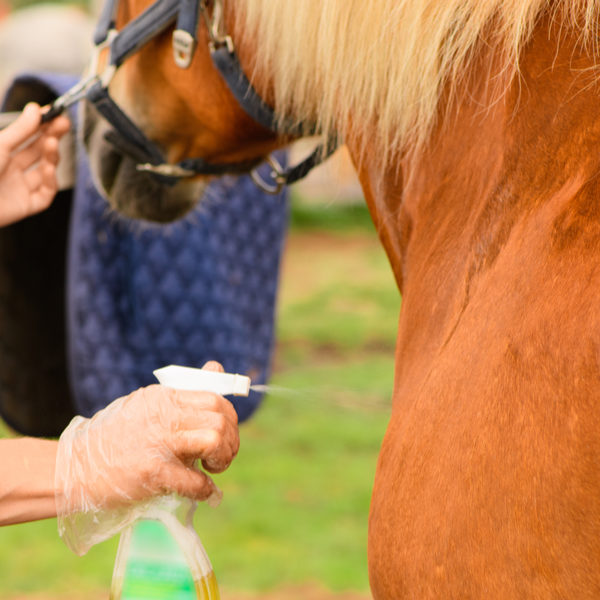I think it is a fantastic opportunity to have a trusting and respectful friendship with an animal, especially one as elegant as a horse. I believe that is one mark of appreciating and relishing what our creator has given us.
If you or your child has fallen in love with horses and intends to pursue riding, that’s great. However, as you begin your research for acquiring a horse, you will find that horse ownership is pretty demanding and quite expensive.
May I suggest leasing a horse as a practical option that allows you to realize your riding dreams more quickly? In addition, you or your child will have the opportunity to experience horses of different breeds, sizes, and temperaments.
If you think that you may be interested in exploring this option, then this article will explore leasing a horse further and offer suggestions on how to save money doing so.
You Say I Can Lease A Horse?
You may be surprised to find out that you can lease a horse similar to how you would lease a car. Various types of contracts are available, and the lessor and lessee reserve the right to place additional terms or limits on the contract.
Again, I should repeat that leasing a horse may be a great start in the equestrian world. It is a sure way of providing insight into the time and dedication involved in caring for a horse. In addition, leasing a horse provides you with the practical knowledge to have before committing to an eventual purchase.
But don’t get me wrong- horse owners may also greatly benefit from leasing out their horses. It provides the horse owners with some extra income while freeing up some of their time.
Like I already mentioned, you can personalize a leasing contract to your specific needs and situation if both the lessor and lessee agree upon said terms. When leasing, you will have access to your horse for a year, provided you meet the monthly payments.
Types of Leasing Contracts
I advise you first to consult an equine attorney to answer any questions you may have if you are seriously interested in leasing a horse. You will likely benefit from allowing them to handle the formalities of the agreement.
An experienced equine attorney will provide great insight into the nature of a horse leasing agreement and will be able to guide any required negotiations necessary for the benefit and safety of you, the lessor, and the horse to be leased.
Remember, like any contract, you and the owner should both maintain a copy of your signed agreement.
For further questions, you may want to consult the Horse Authority for all things equine. You can easily navigate the website, find horse care tips, connect with an equine attorney, and even search classified listings for horse or property sales.
If you are ready, I will now introduce you to three of the most common type of horse leasing contracts commonly used.
1. Full Leasing
If you decide on full-leasing a horse, you have exclusive access to the horse. This type of contract is an excellent choice for those who live in an apartment or have too small a plot of land and cannot afford an outright purchase at the present moment.
Exclusive access means that you will be the only person riding the horse. Since this agreement is as close to ownership as you can get, expect to incur some additional costs.
It becomes your responsibility to ensure your horse receives the love, attention, and exercise it deserves in these situations. You are also in charge of ensuring that the horse gets any routine medical care it needs and will have to pay for regular shoeing and boarding expenses when necessary.
2. Half Leasing
Half-leasing, a horse, is another option available to you; however, the downside is that you do not have exclusive access to the horse anymore. In these contracts, the owner reserves the right to ride their horse still themselves.
In addition, you will not be the only one riding the horse anymore, and the horse may be utilized in ongoing training programs at the ranch. Since the level of ownership is much less in these situations, you will also assume less responsibility on the whole.
Usually, the owner is responsible for maintaining the horse’s health and wellness expenses; however, it is not unusual for the lessee to pay an agreed amount percentage of those costs included in part with their monthly leasing fee.
3. Free Lease
Horse owners retain ownership and control of their horses in these agreements. Still, because they cannot afford the financial burden of maintaining their horse, they may decide to oblige in these particular types of leasing agreements.
I tend to think that free-leasing a horse requires a profound amount of trust and belief in the lessee. In these situations, you will essentially have exclusive access to the horse without the monthly fee.
Nevertheless, it would be best to understand that you may be responsible for most other expenses, including boarding, shoeing, maintenance and training, feeding, and medical.
A horse may be free-leased “either at the stable or off-farm.” However, the horse will continue to live a happy and loving life full of attention, exercise, and diligent care in best-case scenarios.
Cost of Leasing a Horse
In most cases, leasing a horse is usually less expensive than purchasing one. Also, you will not typically have to own stables or a significant quantity of land because the horse will often remain at the owner’s property.
Because horse owners will not usually sell their most promising horses, you may be lucky enough to experience riding a high-quality horse in a lease contract.
And, especially if you have kids with ever-changing interests and commitments or expect a move soon, leasing a horse may be the right fit for you again. As a lessee, you also free yourself from having to contend with “retirement, selling, or end-of-life issues.”
Terms of A Horse-Lease Agreement
Whether the lease will be month-to-month, seasonal, or yearly, I advise you to consider the following terms within the leasing contract.
- Will the leasing term be month-to-month, seasonal, or yearly?
- Is there an option to renew the lease, or may the contract lead to an eventual purchase?
- Who will pay for boarding, shoeing, medical attention, training, equipment, and other expenses?
- Is insurance required? Who will pay for it?
- What are the monthly leasing costs, and what methods of payment are accepted?
- What are the expected training and care procedures, and are there any specific limitations or restrictions for either party to acknowledge?
- What are the conditions for early release or termination of the contract?
So, What Are The Numbers?
The leasing cost will always coincide with the specific type of lease entered and any additional agreements made between you and the horse owner. However, you will typically pay “about 25% – 30% of the horse’s entire perceived value paid annually” for a full-lease agreement.
So, let’s crunch some numbers. If the horse you are interested in has a total perceived value of $10,000, you should expect to pay in the neighborhood of $2,500 annually, which breaks down to just over $200 monthly.
Although the leasing process is similar to a car, placing an accurate appraisal on a horse is often more challenging. Since equine values are arbitrary, you should again consult with an experienced attorney throughout the process.
The HorseAuthority.co states that you should “prepare to pay a third of the horse’s value for high dollar horses and 50% of the value for a yearly lease for horses valued at, or below, $50,000.”
Cost Saving Tips For Leasing A Horse
First and foremost, you should consider your short and long-term goals in riding, showing, and even owning a horse. Taking the time to think about your plans beforehand will provide a more straightforward path to which type of leasing contract is most suitable for your situation.
At your discretion, you may choose to adopt some of the following tips to help you keep costs down while continuing to pursue your equine dreams:
- If you are of working age, pursue a hobby or something you enjoy as a side job; younger children can always contribute by providing neighborhood services (mowing lawns) and collecting money from fundraiser-type activities.
- Try bartering with your horse’s owner- for example, you may ask if they are willing to reduce leasing fees for services rendered around their stable and farm.
- Buy general grooming and stable items from discount stores.
- Make homemade fly sprays and hair detanglers.
- Contact local farmers and orchards for seconds that you may use as treats or feed for your horse.
- Buy hay before the winter, so you do not pay higher prices later on.
- Buy feed in bulk.
- Stay current with your horse’s health to help prevent illness and other medical conditions that will incur a hefty medical bill.
- Visit sites such as eBay and purchase second-hand equipment when possible.
Conclusion
You do not have to be rich to pursue your love of horses and riding. However, if you cannot afford to purchase a horse or have another situation that is less than ideal for horse ownership, you may want to consider a lease agreement strongly.
Remember to weigh your options as far as the different lease contracts are concerned and implement cost-saving strategies whenever possible.
Please share your love of horses plus any questions or concerns you may have about leasing a horse in the comment section below.
